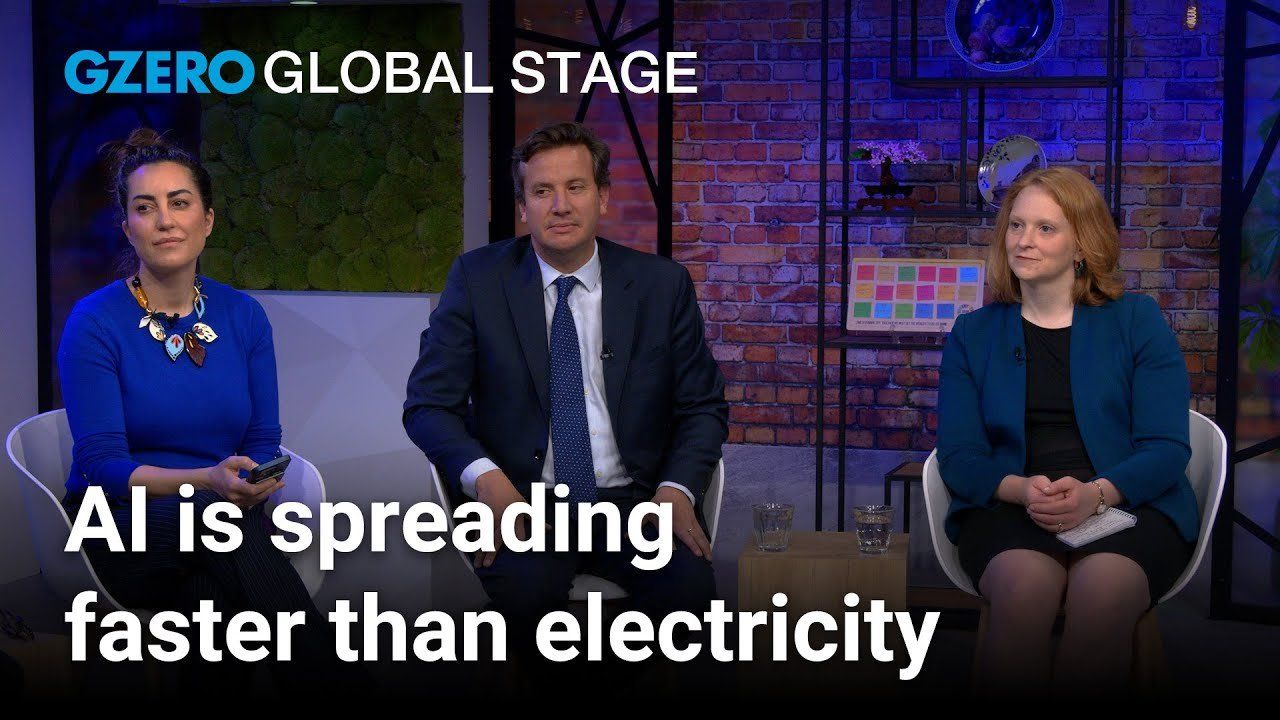UN STI Forum
AI can only help people who can access electricity and internet

AI can only help people who can access electricity and internet | Global Stage

Hundreds of millions of people now use artificial intelligence each week—but that impressive number masks a deeper issue. According to Dr. Juan Lavista Ferres, Microsoft’s Chief Data Scientist, Corporate Vice President, and Lab Director for the AI for Good Lab, access to AI remains out of reach for nearly half the world’s population.
In this Global Stage conversation from the 2025 STI Forum at the United Nations, Ferres outlines the barriers that prevent AI from reaching its full potential: lack of electricity, limited internet connectivity, and inadequate access to computers. Even when those hurdles are cleared, many people face another challenge—AI systems that don’t speak their language.
Most large language models are trained in a few dominant languages like English, Spanish, or Mandarin, leaving millions of speakers of local or Indigenous languages excluded from the benefits of AI. “Once you revisit the whole funnel,” Ferres says, “you have likely around half the world that do not have access to this technology.”
Bridging these divides, he argues, is essential—not just for equity, but for unlocking AI’s promise as a truly global force for development and inclusion.
This conversation is presented by GZERO in partnership with Microsoft, from the 2025 STI Forum at the United Nations in New York. The Global Stage series convenes global leaders for critical conversations on the geopolitical and technological trends shaping our world.
See more at https://www.gzeromedia.com/global-stage
In this episode of Tools and Weapons, Microsoft Vice Chair and President Brad Smith sits down with Ed Policy, President and CEO of the Green Bay Packers, to discuss how purpose-driven leadership and innovation are shaping the future of one of the world’s most iconic sports franchises. Ed shares how technology and community-focused initiatives, from Titletown Tech to health and safety innovations on the field, are transforming not just the game of football, but the economy and culture of Green Bay itself. He explains how combining strategic vision with investment in local startups is keeping talent in the Midwest and creating opportunities that extend far beyond Lambeau Field.
Subscribe and find new episodes monthly, wherever you listen to podcasts.
Egyptians are voting this month in parliamentary elections that aren’t expected to change who’s in charge, but could allow President Abdel Fattah el-Sisi to rule beyond 2030.
Thailand and Cambodia’s ceasefire is on the verge of collapse. Strikes were launched across their disputed border today, following clashes over the weekend that resulted in the death of a Thai soldier.